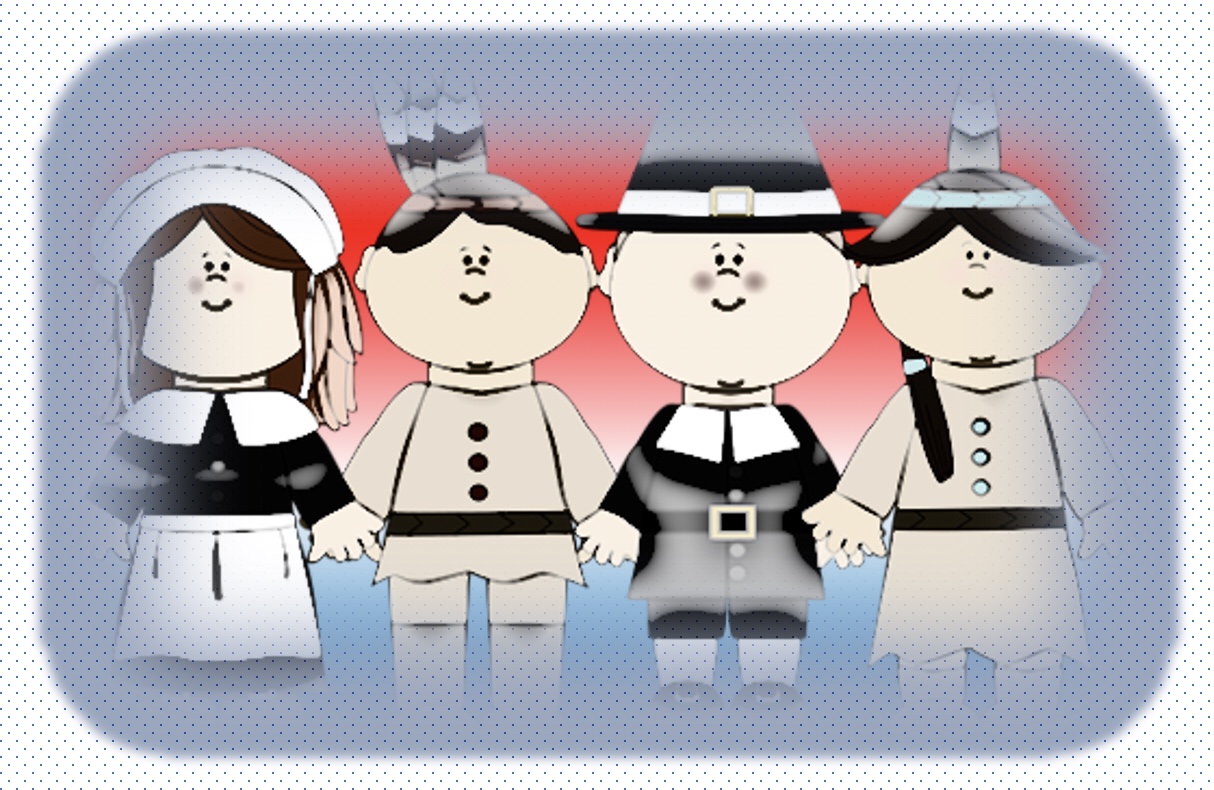This post-election Thanksgiving, we all have the power to soften our hardened hearts.
One of the strangest scenes of this odd political year occurred when Donald Trump and Joe Biden exchanged pleasantries in the White House in front of a roaring fire on Nov. 13. Trump said “Thank you” four times within that minute-long meeting, while Biden said “Welcome,” “Welcome back” and “You’re welcome.” The men smiled and shook hands.
For a moment, you might imagine it was possible to forget the acrimony of the past. But one minute of staged courtesy is unlikely to heal a broken republic. As soon as the moment ended, the spark of grace was extinguished. The pundits were quick to remind us that Trump did not invite Biden to the White House for a similar handshake in 2020, and that Trump did not attend Biden’s inauguration in 2021. Partisan animosity continued apace. And this strange ritual was revealed to be a show for the cameras, lacking in sincerity and depth.
As we gather for Thanksgiving, the Biden-Trump handshake provides food for thought. During the holidays, we hope that gratitude, forgiveness, hospitality and love can work wonders. We don’t have to hate each other. We are not bound to return tit-for-tat. Human beings are free and creative. We can choose to forgive, to forget and to turn a new leaf.
There is an important difference between ritualized civility and a deeper spirit of sincere gratitude and generosity. One could, after all, give thanks mechanically or as a matter of courtesy without actually feeling grateful. The deeper spirit of gracious generosity is not a ritualized performance. Rather, it is a way of being.
But the rituals of civil society are important. Symbolic gestures like handshakes are powerful, and virtues are developed through practice.
A student of Confucius once asked the master how to learn to be good. Confucius replied, “Overcome yourself and return to ritual.” We learn to be good by setting aside our egos and playing along with the customs of civilized life, even when we don’t want to.
We teach young athletes to shake hands at the end of a game, whether they win or lose. And we encourage our children to say “please” and “thank-you” at appropriate moments. We model civility by saying and doing these things, even when we don’t feel like it. During the holidays, these rituals reach a climax. At Thanksgiving, we ought to give a prayer of thanks, even if we don’t feel particularly grateful.
While rituals are useful, they are not enough. A deeper engagement is required for genuine spiritual development. For swords to become plowshares, profound spiritual transformation is needed. This transformative growth may depend upon what Christians call “grace” — a mysterious and renewing gift of God. It also depends upon the hard work of wisdom.
None of this occurs in a moment. Saying “I’m sorry” does not instantly make everything better. A handshake cannot magically undo animosity, nor does a kind word eradicate decades of hostility. Love takes years to develop even in the best of circumstances. Trauma, anger and guilt are not easily overcome. And resentment is a powerful poison.
It may be too much to hope that enemies can become friends, but we can become less hateful and more civil if we choose to do so.
We do have some choice in the matter: It’s not possible to force someone to feel grateful, nor can we be compelled to love or to forgive. But we can choose to extend a hand or to say “thanks” and “you’re welcome.” We can also choose to keep our egos in check while we play along with the rituals.
Things won’t get better unless we choose to make them so. As the larger world careens about us, it is important to remember that we have the power to soften our hardened hearts. We can discipline our egos and return to ritual. We can extend a welcome hand to those we have written off as enemies. We can forgive those who have wronged us. We can offer thanks, even to those we think do not deserve it. And if this proves to be too difficult, we should at least encourage our children to be more gracious than we are.
Read more at: https://www.fresnobee.com/opinion/readers-opinion/article295924914.html#storylink=cpy





